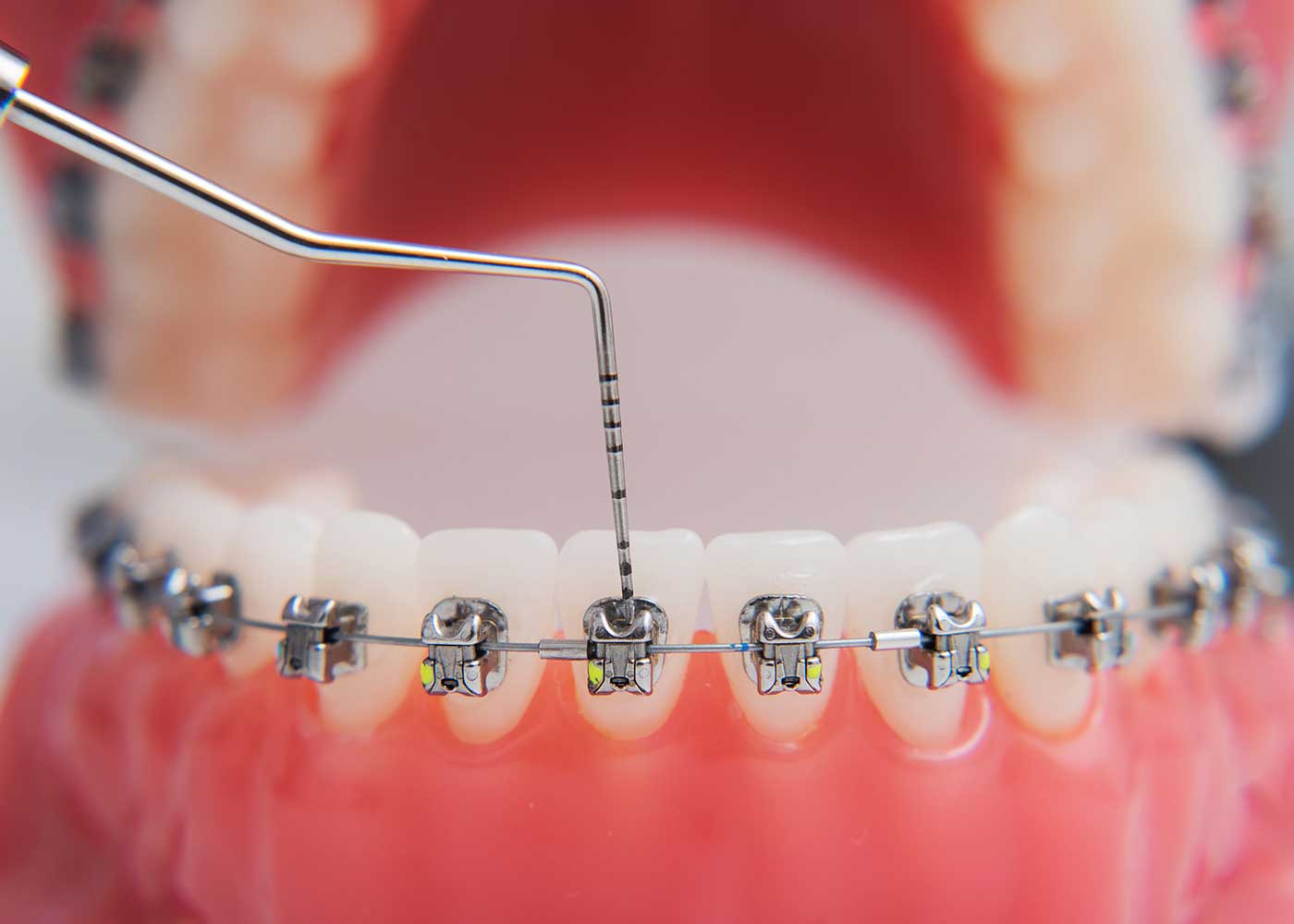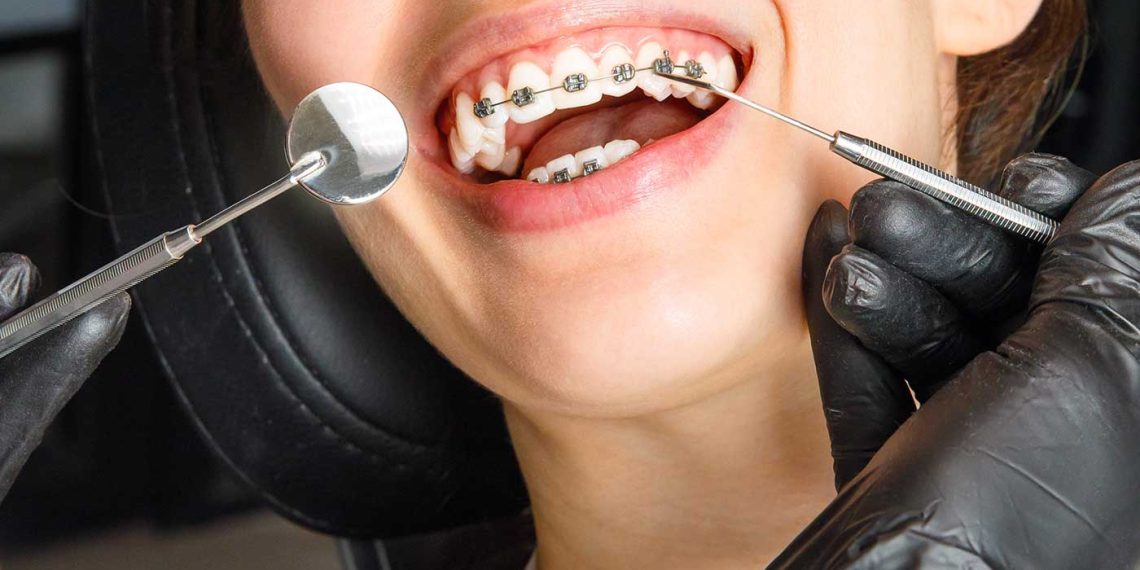Braces are a standard dental treatment many people require to straighten their teeth and improve their oral health. However, braces can also be a significant expense for individuals and families. Therefore, is the cost of orthodontic treatment eligible for a medical expense deduction in the final tax return?
Do Braces Count as Medical Expense for Taxes: Let’s Explain
Yes, braces are tax deductible as medical expenses. The IRS allows taxpayers to deduct medical and dental expenses over 7.5% of their adjusted gross income (AGI) for the tax year. This means you can claim a deduction on your tax return if the cost of your braces and other eligible medical expenses is more than 7.5% of his AGI.
However, it is essential to note that there are some limitations and requirements to be eligible for the deduction.

Some Limitations and Requirements:
- The minimum amount that can be deducted for medical expenses: You must itemize your deductions on Schedule A of your Form 1040 tax return in order to deduct medical expenses from your taxes. Only medical expenses that exceed 7.5% of your adjusted gross income (AGI) for the tax year are eligible for reimbursement. Therefore, if your AGI is $50,000, you can only deduct medical costs up to $3,750.
- The braces must be a medical necessity: The braces must be prescribed by a qualified dentist or orthodontist and declared medically essential to treat a specific dental disease in order to be eligible for the medical cost deduction. Cosmetic procedures like veneers or teeth whitening are not considered medical expenses.
- Eligible Expenses: Only certain costs associated with braces, such as the price of orthodontic treatment, including consultations, X-rays, and adjustments, may be written off as medical expenses. The cost of removing retainers or braces and any transportation costs associated with getting treatment are additional relevant expenses that might be eligible.
- The IRS-Imposed limit: The IRS has set a cap on the amount of medical expenses you can write off as a tax deduction. The maximum is $12,000 for married couples filing jointly in 2022 and $6,000 for everyone else. This limitation is applicable to any medical expenses that qualify, not only braces.
- Documentation: Keep thorough records of all braces-related and other medical expenses, including receipts and invoices, as you might be required to show proof to the IRS if your deductions are under scrutiny.
We recommend that you consult a tax professional or accountant to determine if you are eligible for the medical and dental deduction and to ensure that you follow the necessary guidelines and requirements.
Why Are Medical Expenses Tax-Deductible?
Because medical costs can be a significant financial burden for many people and families, the government allows taxpayers who incur high medical costs to deduct some of their expenses from their taxes.
The medical expense tax deduction is meant to assist in covering the costs of necessary medical care, such as doctor visits, hospital stays, prescription drugs, and other treatments. People with serious illnesses or chronic conditions who need ongoing medical care and expensive treatments may find this to be of particular importance.
The deduction is also intended to prevent taxpayers from being subjected to double taxation by preventing them from paying taxes on money they have already spent on healthcare-related expenses. The government recognizes that for many people, medical expenses are a necessary and unavoidable cost of living by enabling taxpayers to deduct these costs from their taxable income.
Conclusion
In summary, braces can be considered medical expenses for tax purposes, but there are some requirements and limitations to be aware of. Braces must be regarded as medically necessary, not just for cosmetic purposes, and deductibles must be stated to claim medical and dental deductibles. There are also limits on the amount of expenses that can be deducted.













